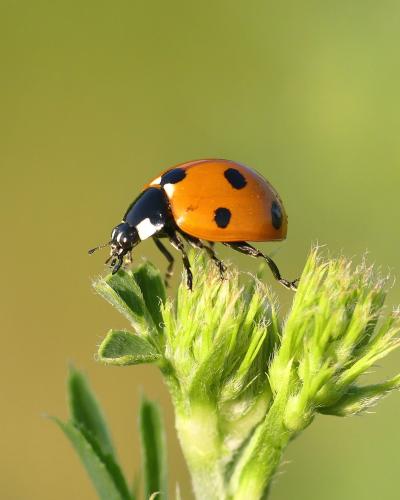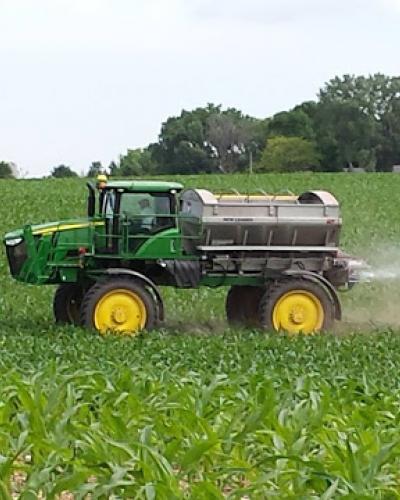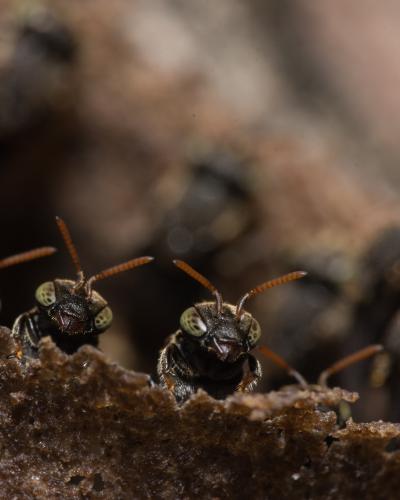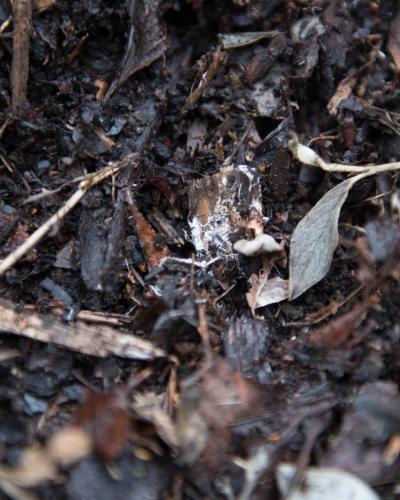In contrast to conventional farming, organic farming relies more on natural processes than chemicals to manage and prevent pests and diseases. A new study published in the journal Agronomy shows...
Jul 19, 2021
Chemicals sprayed in agriculture can drift from the target field during spray events, impacting human exposure and neighboring crops. A recent study published in the journal Environmental...
Jul 12, 2021
Glyphosate is the most widely used chemical in history, and its prevalence around the globe has caused concern for environmental and human health risks. The body of science that connects...
Jul 05, 2021
Organic farmers rely on natural predators to help control their crop pests rather than using chemical sprays. A new study published in the Journal of Applied Ecology found that using organic...
Jun 28, 2021
The prevalence of synthetic nitrogen-fertilizer use and its negative impacts on the environment are critical considerations in conversations about the future of sustainable and regenerative...
Jun 10, 2021
Organic certification prohibits the use of antibiotics in meat production, and science shows that reducing the use of antibiotics in production results in a lower occurrence of antibiotic-...
Jun 07, 2021
To address human health concerns, food certified as USDA Organic is not allowed to contain synthetic food dyes among many other additive ingredients found in processed foods today. This concern is...
Jun 07, 2021
Soil health hinges on robust communities of soil bacteria and insects. However, a recent science review published in Frontiers in Environmental Science shows that pesticides sprayed both above and...
Jun 01, 2021
Using organic soil amendments reduces heavy metal concentrations in crops grown in contaminated soil
When the heavy metal cadmium is consumed in excess, it can have a negative impact on kidneys, the liver and bone density, particularly for children who are more sensitive to lower concentrations...
May 24, 2021
Successful rural development hinges on both the profitability and the environmental sustainability of cropping systems. This is especially true in regions like the tropics where the success of...












